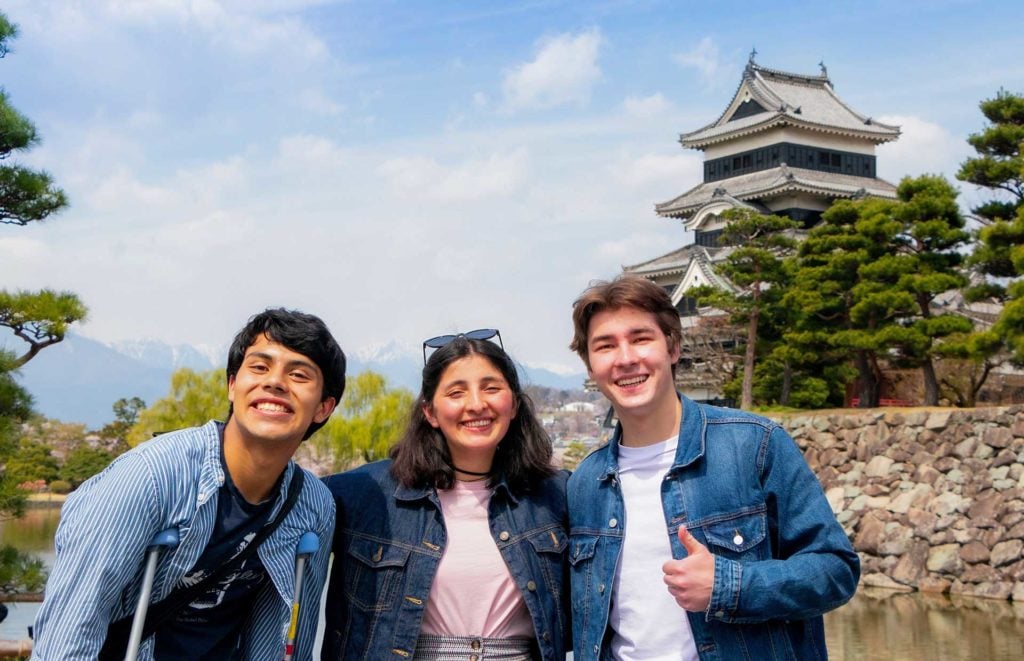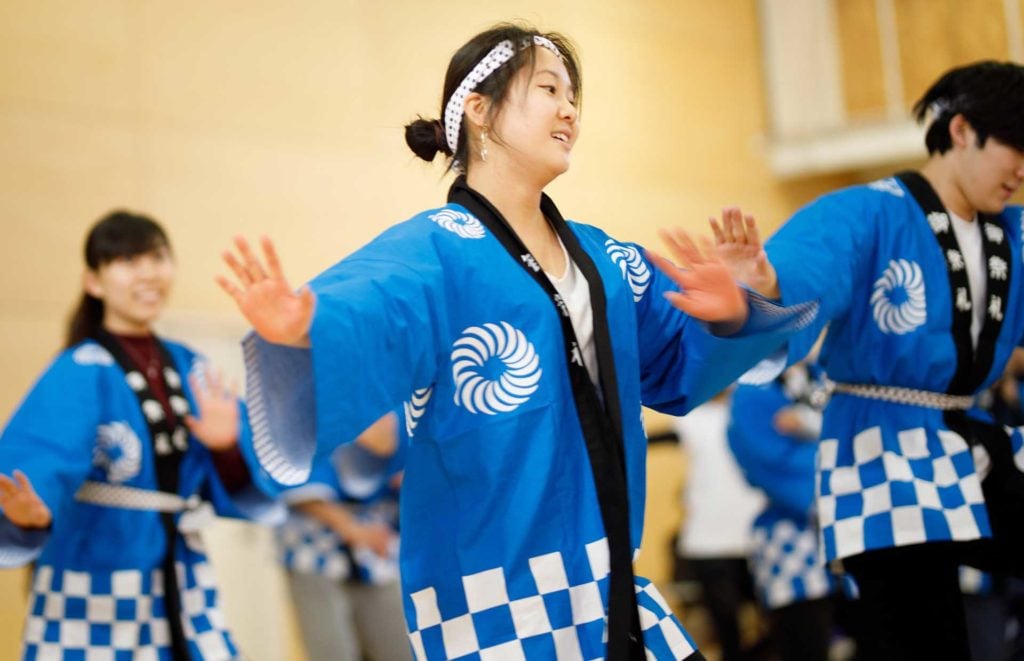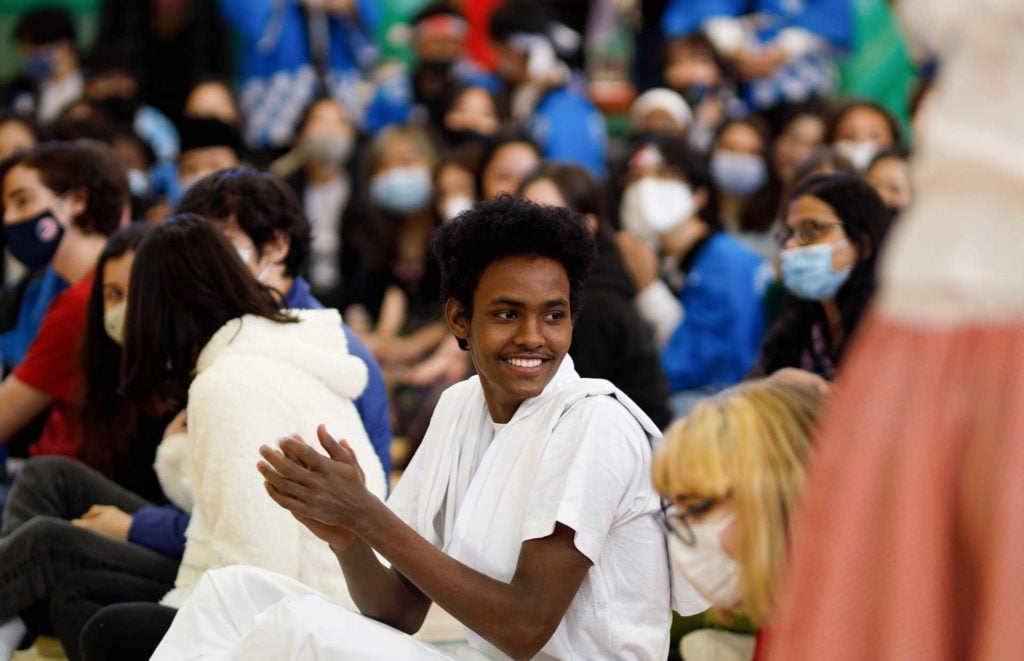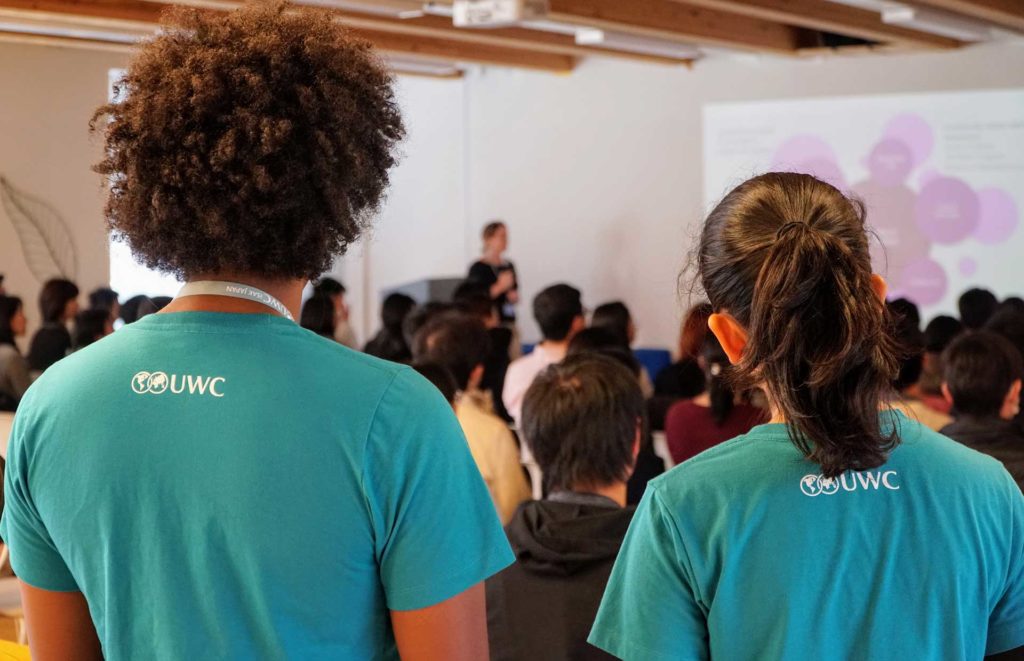ユナイテッド・ワールド・カレッジISAKジャパンのアドミッション(出願・入学)ページにようこそ!このページには、高等学校プログラムに出願するために必要な情報がすべて詰まっています。本校のユニークな教育環境や、出願方法、入学希望者へのサポートについても詳しく説明しています。チェンジメーカーになるための道のりを一緒に歩んでいきましょう。
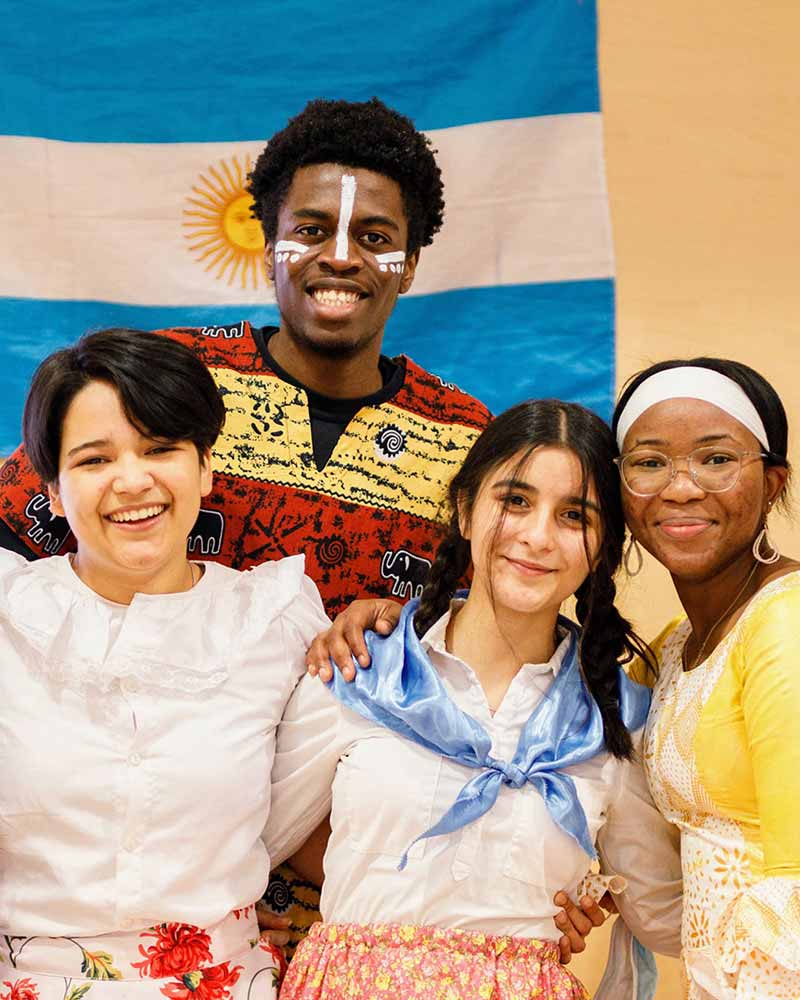
アドミッションページへ
ようこそ
ユナイテッド・ワールド・カレッジISAKジャパンへの入学に興味を持っていただき、ありがとうございます。私たちの学校は「社会の変革を担うチェンジメーカーを育てる」というビジョンを掲げています。
そんな私たちの教育方針やミッションに共感し、自分が持っている強みや可能性を最大限活かせる学校だから入学したい、と心から願う人にコミュニティの一員になって欲しいと思っています。そのため、私たちの出願プロセスは、本校が出願者にとって最適な学校か、互いに確認できるよう設計されています。
まずは出願資格、出願プロセスやスケジュール、授業料・学資援助プログラムについて必ずご確認ください。さらにイメージを膨らませるために、キャンパス見学や出願者向けのイベントにご参加頂き、この学校があなたに本当に合っているのか、ご自身の目で確かめて見てください。
ご不明な点がございましたら、お気軽にお問い合わせください。
ニコラス・カーター
アドミッション担当ディレクター
ユナイテッド・ワールド・カレッジISAKジャパン
出願に関するお問い合わせ
出願プロセスについてご不明点がございましたら、専門の担当チームがサポートいたします。バイリンガルのスタッフもおりますので、お気軽にお問い合わせ下さい。
お問い合わせは、下記のメールアドレスにお送り下さい。
[email protected]
ご出願に関して
ユナイテッド・ワールド・カレッジISAKジャパンは、国籍や家庭環境だけでなく、個性・得意分野・興味など、多種多様な生徒を受け入れています。そのため「典型的な生徒像」というものはありませんが、以下のような特質が望ましいと捉えています。
- 本校の理念を理解し、社会にポジティブな変化を生み出すことに興味を持っている生徒
- 好奇心や創造性が豊かで、自立した生徒
- 失敗を恐れず、チャレンジする意欲のある生徒
- コミュニケーション能力が高く、世界中から集まる他の生徒たちと積極的に交流したい、と意欲のある生徒
- 意欲的に学業に励んでおり、モチベーションが高い生徒
- 多様性から学ぶ意欲のある生徒
高校1年次(10年生)入学の人数と、UWC国内委員会からの高校2年次(11年生)入学の人数は、それぞれ約40名です。高校1年次の入学を希望する生徒は、本校へ直接出願をしてください。
高校2年次の入学を希望する生徒は、出身国のUWC国内委員会を通じて出願、またはUWCのGlobal Selection Programから出願してください。
在学している高校1年生(10年生)の約30%が日本国籍または日本在住者です。残りの70%の生徒は世界中からユナイテッド・ワールド・カレッジISAKジャパンに入学しています。
本校では、日本語と外国語の授業を除き、授業は全て英語で行われます。出願に際して英語が母国語である必要はありませんが、少なくとも学校で3年以上英語を学習し、中級以上の英語力(話す、読む、書く力)を身につけていることが重要となります。
出願時に英語力テストの結果を提出いただく必要はありませんが、英語での授業を受けられるだけの英語力があることが望ましいです。
推奨する英語レベル:
- 英検: 2級以上
- TOEFL: 65点以上
- TOEIC: 600点以上
- IELTS: 6 以上
本校は、英語のみの環境で学ぶことに強い意欲を有する生徒を求めています。これまで英語での授業を基本とする学校に通ったことがない場合でも、10年生は基礎固めの期間として英語力を鍛え、IBディプロマ・プログラムに備えることができます。
出願をお考えの生徒および保護者の方を対象に、キャンパス見学を開催しています(要予約)。詳細は学校見学ページをご覧ください。
